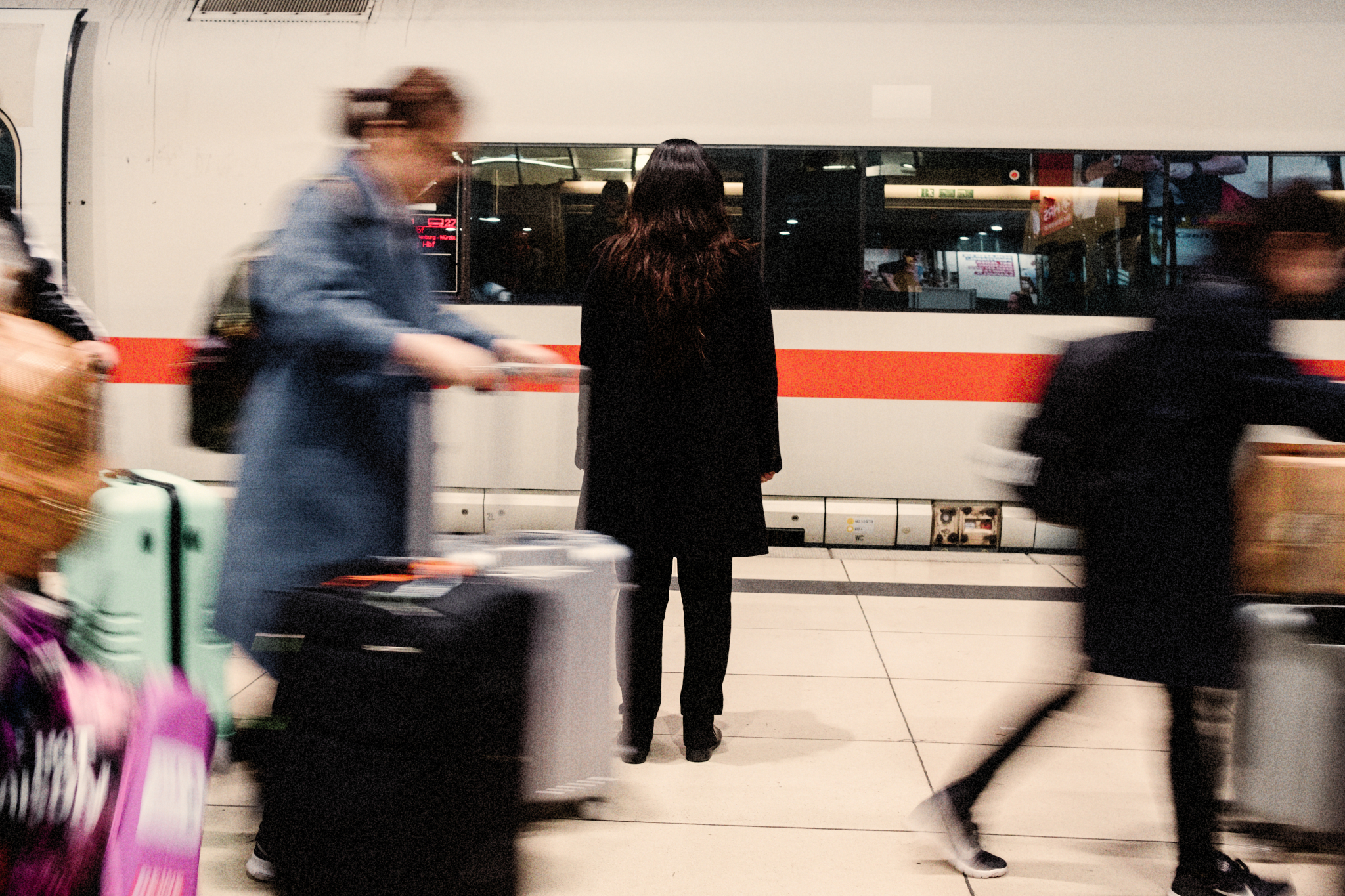
Last week, I learned that, “Trauma is all about safety.” I attended a Trauma and Resilience class taught by Phoenix Refugee Connections. Three speakers and a panel of refugees spoke about helping refugees and volunteers through the trauma refugees and helpers encounter.
Dr Sanghoon Yoo, the founder of The Faithful City led with “Trauma is all about safety” and taught in a way that made us feel safe and helped us laugh. I loved that he started with that, and as he continued to teach I saw how true it is. This idea also fits in well with what I learned from “The 7 Habits of Highly Effective People” by Stephen R Covey about empathic listening. Covey counsels “Seek First to Understand, Then to Be Understood”. When we understand our friends and our own needs for safety we work better together and build stronger communication and connections.
Those connections are important. Dr Yoo told us that we should “Connect before you correct”. Those feelings of safety evaporate when we concentrate on correcting all the time. That isn’t just with refugees - it’s the same with our kids, coworkers, and friends. I find we are often so worried about getting things done that we don’t take the time it takes to connect.
I loved that we had a refugee panel speaking to us. I recognized one of the refugees on the panel from his story, which he shared with TSOS last spring. After the panel, during our break, I reintroduced myself to him and reminded him about the interview. During the panel discussion someone had mentioned that we should ask if it was ok to ask a question. I asked him if I could ask him my question. He graciously told me “yes”.
So I inquired “In an interview situation like that there is not a lot of time. Sometimes the people we talk to have made friends with us and sometimes this is the first time we are meeting them. How would you suggest that we help them feel safe?”
He reminded me that he talked about learning their language during the panel discussion, but in a situation like this, you don’t have time to do that. So learn to greet the person in their language. Then he shared with me how to do it in his language. He told me the person would probably get excited and start speaking in that language, but just let them know you aren’t fluent, but wanted them to feel welcome.
There’s that connection that Dr. Yoo spoke about. There are times when you need a long and close connection, but we don’t need to think we can’t do anything if we don’t yet have it. Just start with something small to connect you and keep building on it.
Another thing Dr Yoo spoke about made me see that there were better ways to do something I was doing with a refugee friend. Much better ways. And I appreciated the whole talk on safety at the beginning because I felt safe knowing that I could change and didn’t need to beat myself up over it.
The better ways of working with my refugee friend came through the 5 C’s of Safety and Stabilization. When working with refugees we should:
Give them a Choice in what they would like to do.
Help them have as much Control of the situation as possible.
Connect with them.
Keep their information Confidential.
Collaborate with them - it levels out the power differences between you.
I realized that while I love my refugee friend there was a situation the week before where I took control and did not even ask her if and how she would like my help. While on a trip an airline lost her luggage in an unusual and complicated situation. I didn’t collaborate with her. I just went to town and took care of it. I’m not sure how she could have done it on her own given her disabilities, but I pushed forward and didn’t take the time to discuss the options with her. I took those choices and control from her. Honestly, it was my impatience that got me where I was.
Afterward, I called her up and apologized. As is often the case she didn’t understand what I was trying to communicate and thought I was talking about something totally different. I’m not sure how I could have helped her understand what I was trying to say, but she did understand one thing: because of our connection, she knew I loved her. When I apologized she felt that love again. Someday, when a similar situation happens again, I’ll remember those other 5 C’s and the Love Connection will be even stronger.
When interacting with others, especially refugees, work to make them feel safe through the 5 C’s:
Choice
Control
Connection
Collaboration
Confidentiality